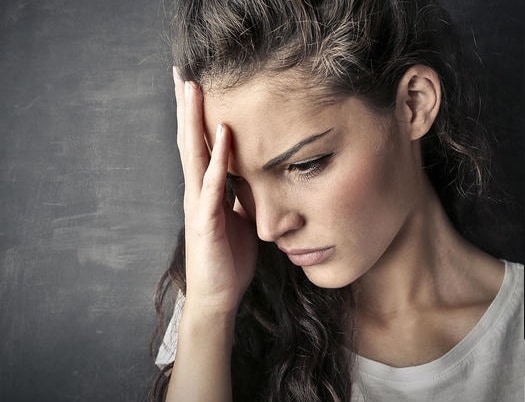With the economy still on a downhill trend, it’s no wonder that a lot of people fall prey to depression, not to mention that this mental disorder is relatively expensive to treat. If you’re suffering from depression, there are still some ways that may help you feel better which won’t cost you an entire arm and a leg. Interested? Then continue reading below:
Stop with the blame game and free yourself.
This is the first and most crucial step to battling depression. It will cost you no money; just pure self acceptance. You see depression comes with its own stigma—it’s the accompanying guilt and that feeling of inadequacy that serve as the most common hindrances to fully recuperating from the situation you are in. If you want to get out of the dumps, then be ready with lots of patience coupled with a proactive and practical approach. Because in order to beat this illness, you need to be able to accept its presence in your life first—much like any other physical illness that requires attention, and it absolutely will not make any sense for you to keep blaming yourself for it.
It’s already there; make everything easier for you by learning how to talk about it.
Opening up about the subject of depression is relatively hard, but talking to others about your situation is actually a brave step towards recovery. Not everyone can be an ally, but then again, there will always be others who will be supportive of your cause.
Get your daily dose of exercise.
When you’re depressed, exercise may be the last thing on your list. That’s understandable, but realize that going for a run or hitting the gym during periods like this can make you feel a lot better. Exercise is proven to help people with symptoms of depression. Its short term benefits include boosting your mood for up to 12 hours, thanks to the release of endorphins otherwise known as the “happy” hormones.
Defer making any major decisions
Depression can alter how you view things, ergo, its best to delay any major decision-making tasks until you are feeling a lot better. Depression can bring out those negative thoughts and these may affect not only your decision-making perceptions but how you view your life in general. So to the extent that it’s possible, it’s best to delay making final judgments on major things. In the event that you can no longer defer making any big decisions, make sure that you seek the counsel of trusted people within your circle who could give you sound advice over things.
Take care of your health.
It can be very easy to let your own health deteriorate when you’re feeling depressed. However, allowing your health status to worsen is such a defeatist attitude and will only make your depression symptoms go worse than it already is.
Keep a daily routine
Going through a regular routine as much as possible is important for people who are suffering from depression. A routine successfully done each day can demonstrate to yourself and to others that you are capable of going through the entire day, be in control and at best, be capable of recovery.
Eat healthy
What you eat affects your entire body system, so yes, your body can be some kind of your very own temple. If you’re suffering from depression, try to consume foods that are rich in whole grains, protein, veggies and fruits. Though there’s no particular food that can cure this illness, there are those however that can affect your mood more than the others. Carbohydrates and foods rich in Vitamin D can increase your body’s serotonin levels—a neurotransmitter that’s been associated with mood (the very same one that’s being targeted by some prescription medications like Prozac).
Don’t do booze and drugs.
When you’re depressed, you can get easily tempted by drugs and alcohol, but still, don’t do it. Drug abuse can destroy people, especially those who are battling depression. Drinking alcohol as well as drug use can alter your brain chemistry, and can cause problems in relationships, career, as well as with other areas of life. Although an occasional glass of wine or bottle of beer won’t necessarily harm you, people with depression should still limit their booze consumption and of course, steer clear from drug use.
Get ample snooze time.
Lack of sleep and depression often go hand-in-hand. Insomnia and other sorts of sleep problems are common with people with depression, and for a lot of people, lack of sleep can further lead to depression. Experts thus recommend for depressed people to try to get enough sleep each day and maintain a regular sleep-wake schedule.
